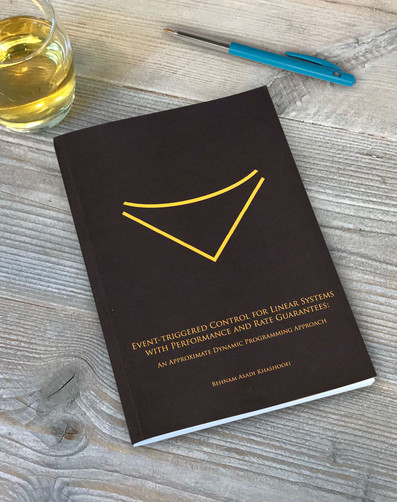
Efficient utilization of communication, computation and energy resources is one of the key challenges in many emerging networked control applications. Periodic sampling and control is the most common approach in control systems technology but lacks the flexibility to utilize these resources in an efficient way. Recent research proposes to depart from the periodic control paradigm in favor of event-triggered control (ETC). The fundamental idea behind ETC is that transmissions should be triggered by events inferred from the state or the output of the plant. This leads potentially to an improvement of the trade-off between the average transmission rate and the control performance when compared to periodic control, since in ETC the utilization of resources can be scheduled in a smarter way. Desirably, the communication protocols corresponding to ETC should still be insightful and simple to implement and guarantee important performance properties for the control system. As the system theory on ETC matures, there is also a need to experimentally validate and test these methods in applications of interest.
Download Thesis